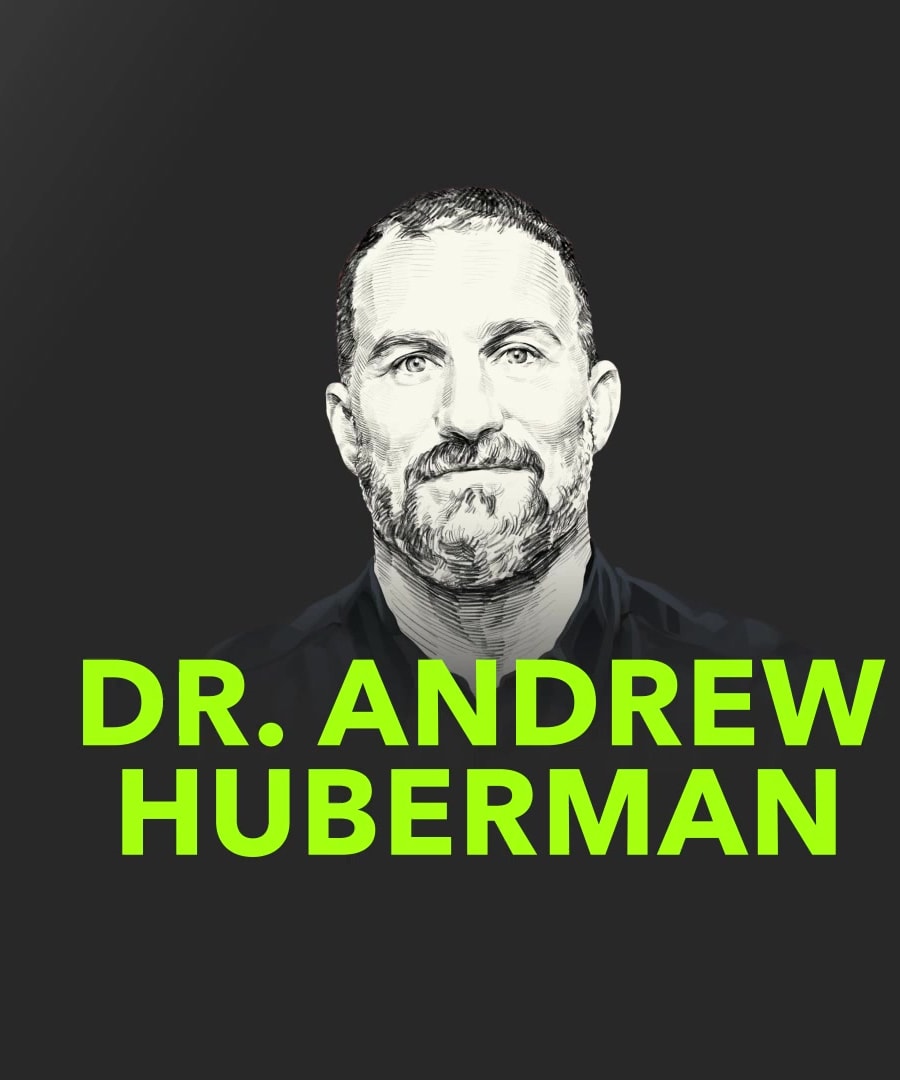What are the benefits of testosterone supplementation?
Sources:
Testosterone supplementation can have various effects and potentially benefits, but it should be approached with caution and medical guidance due to its impact on the body's endogenous hormone production. According to Dr. and experts featured in the , some pertinent points on testosterone supplementation include:
- Reduced Sperm Count: Taking exogenous testosterone can dramatically reduce sperm count unless measures like hCG or FSH are taken to offset this effect 1.
- Creatine Supplementation: Creatine can help optimize testosterone by supporting amino acid synthesis and reducing oxidative stress, but there's a myth that it can cause hair loss, which is largely unfounded 2.
- Individualized Approach: The appropriate dose of testosterone supplementation can vary greatly based on the individual's unique endogenous production, androgen receptor sensitivity, and personal quality of life goals 3.
- General Benefits: Testosterone impacts sexual function, mood, body composition, muscle mass, and cognitive function. Symptoms of deficiency can include depression, weight gain, and cognitive issues 4.
- Non-Prescription Approaches and Supplements: Lifestyle choices like getting good sleep, managing stress, and maintaining a balanced exercise routine can indirectly affect testosterone levels. Supplements like Tongkat Ali and Fadogia Agrestis may also help increase testosterone 5.
It's essential to consult with a healthcare professional before starting any form of hormonal supplementation, such as testosterone, to consider all the benefits, risks, and the potential need for an individualized treatment plan.
RELATED QUESTIONSCould you tell me more about how testosterone affects the body in general?
Sources:
Testosterone is a hormone that plays a crucial role in a variety of bodily functions and behaviors. Dr. provides insights into how testosterone affects the body:
-
Amplification of Traits: Testosterone can increase the volume of behaviors and traits that are already strongly present, such as libido and aggression 1.
-
Aggressive Behaviors: Aggression can be affected by testosterone, but it's actually linked to the activation of specific brain pathways. Testosterone can make people lean into effort, and if that effort involves aggression, it can lead to aggressive behavior 2.
-
Reduction of Anxiety: Testosterone can reduce anxiety and promote competitive interactions by changing the threshold for stress. This could lead to increased willingness to experience more effort or pain in pursuit of goals 3.
-
Physical Effects: Testosterone and its related molecule dihydrotestosterone (DHT) have effects like deepening the voice, inducing facial hair, and influencing muscle and bone growth. It also makes effort feel good due to its action on the amygdala, encouraging individuals to push towards goals 4.
-
Impact on Spermatogenesis: In men, testosterone plays a significant role in spermatogenesis, the production of sperm, by acting on Leydig cells in the testes 5.
-
Parenting Behavior: Becoming a parent can significantly decrease a man's testosterone levels and affect behavior and body composition, promoting parenting behavior over reproductive behavior 6.
-
Performance and Muscle Protein Synthesis: Testosterone can enhance the capacity to work harder by aiding in recovery after workouts and facilitating muscle protein synthesis 7.
-
Competition and Reproduction: In many species, higher levels of testosterone in males correlate with increased competitiveness and foraging for mates, which tends to grant reproductive advantages 3.
Testosterone is involved in a complex interplay of physiological and behavioral responses, and its impact on the body is widespread and multifaceted. Understanding testosterone's roles is important for discerning its effects on health, fitness, development, and even social dynamics.
RELATED QUESTIONS-
What are the benefits of testosterone supplementation?
- RELATED QUESTIONS
Could you tell me more about how testosterone affects the body in general?
- RELATED QUESTIONS











